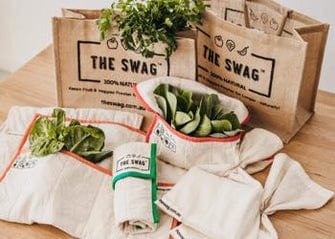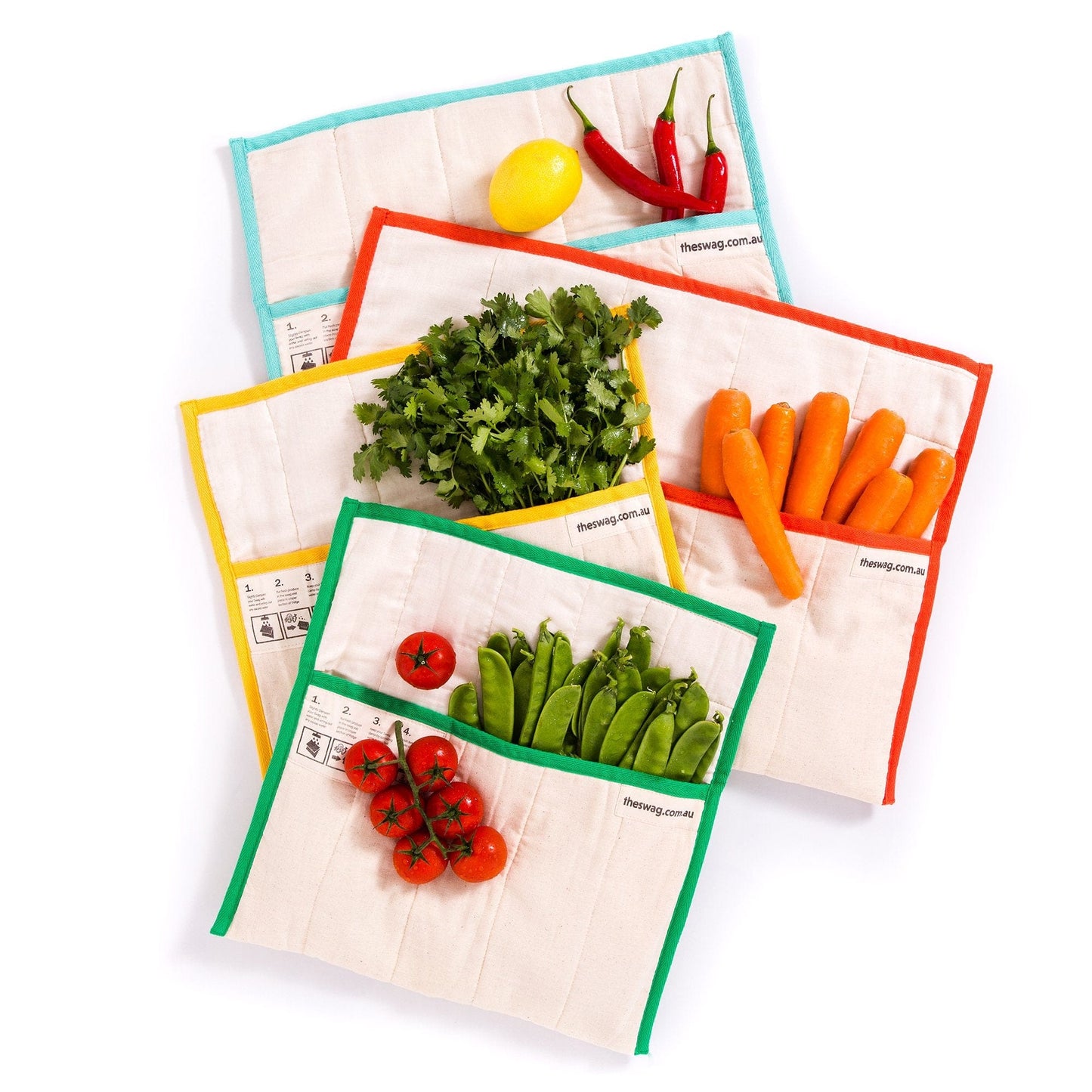It’s no secret that, here at The Swag, we’re big advocates of a diet rich in fresh fruit and vegetables. However, a question many people ask is about the merits of organic fruit and vegetables in comparison to standard produce. In this article we’ll explore a little more about exactly what makes produce organic and the benefits of it:
What makes fruit and vegetables organic?
Fruit and vegetables which are labelled organic are considered this way because of how they’re grown. To be classified as organic, no chemical fertilisers are used nor are synthetic pesticides or herbicides. Instead natural fertilisers like manure and compost are used to boost their growth.
Benefits of Organic Fruit and Vegetables
In an ideal world, everyone would eat organic produce across the board including fruit and vegetables, but they are often considerably more expensive than their non-organic counterparts. If your budget does allow for organic produce in your shopping basket, the below are some benefits of organic fruit and vegetables:
- Organic fruit and vegetables are often fresher as they have no artificial preservatives added to make them last longer. Organic produce is generally produced locally to where it’s sold.
- Needless to say, organic farming methods are far kinder to the environment as they produce far less pollution, improve soil fertility, use less energy and conserve water as well as being kinder on local wildlife and residents living close to the farms.
- Food which is not organic will often contain residues of synthetic pesticides and chemicals used to treat it, even when we eat it.
- While genetic modification affects a limited number of fruit and vegetables it does happen. Organic produce will never have had its DNA altered.
Are Organic Fruit and Vegetables Worth the Extra Cost?
As organic produce can be significantly more expensive, it can leave Australian consumers wondering if it is worth the extra dollars. This really comes down to what people individually value. Certainly, farming organic produce is far more environmentally-friendly when compared to factory farming which relies heavily on harsh synthetic fertilisers and pesticides. If you do your research, you may be able to strike a healthy balance between organic and non-organic fruit and vegetables as some non-organic produce has lower levels of pesticides than others. A good rule of thumb is that if you eat the skin (think apples, celery, peaches and berries etc.), organic is a good option. If the skin is peeled off before consumption (bananas, onions, avocados etc.), standard produce is probably ok. We hope this has helped educate you on the broad differences between organic and factory produce. Regardless of which way you shop, our swags will keep your fruit and veggies fresher and riper for up to 3 times as long as storing them in plastic bags. For a full range visit our shop page today!



